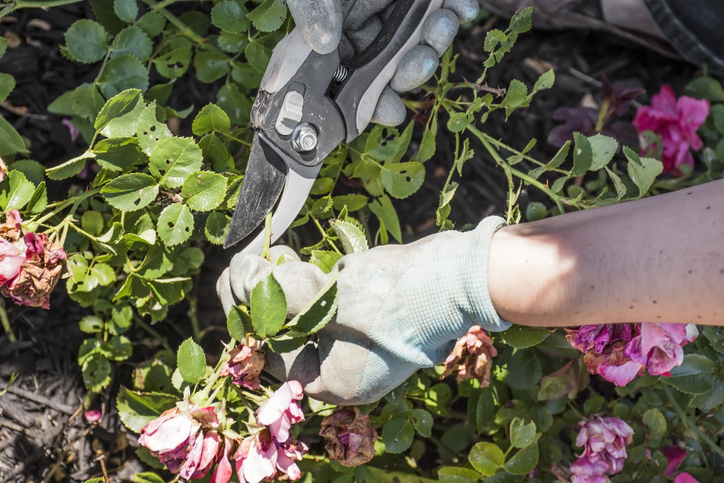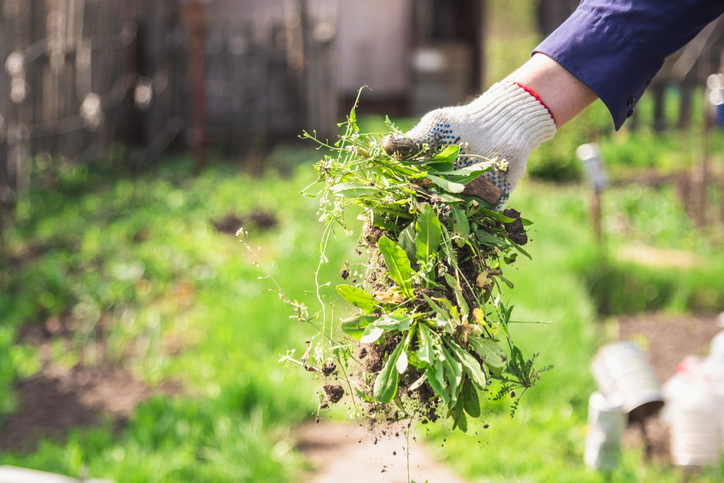Summertime is the perfect time to enjoy the beautiful weather, go swimming, hang out with people, and much more. For plants, however, the summer heat and humidity can be devastating if they are not properly cared for. Thankfully though, as long as you keep up with regular plant maintenance, your plants will thrive in the summer just as strongly as in the spring. Keeping up with regular pruning, the right water schedule, and more can make a huge difference in the lifespan of your plants. Don’t let the summer heat ruin your beautiful plants. Here’s how to keep them healthy no matter how high the mercury rises.
● Research Everything: Make sure your plants can handle bright sunlight and higher temperatures. You can head to the internet for tips and tricks on your specific plants, talk to us here at Wojtons’ Nursery where we can supply you with everything you need, or even contact your county’s U.S. National Institute of Food and Agriculture office for more information.
● Prune & Deadhead: Pruning and deadheading can promote new growth and in some cases more flowers.
○ Pruning is when you trim back the dead branches or stems to the new growth that’s coming. It’s best to do it when the flowers are dormant but can be done to help shape the area if needed.
○ Deadheading is when you remove the flowers but keep the stems. This can be done with scissors or simply pinching the heads off. This will help promote even more blooms to happen later on.

Make sure your flowers do well with pruning and deadheading, as well as the best times to do it. If the flower is more vulnerable in the summertime you may do more damage by deadheading it.
● Water Responsibly: During the hot summer, it’s natural to think that giving your plants as much water as possible is the best. Unfortunately, that’s not the case. While your plants might need more water in the summer, overwatering them can damage them leading to root rot, diseases, and other ailments. You can check if your plants need water by:
● Checking the soil to see if it still feels moist or even invest in an inexpensive soil moisture sensor.
● Paying attention to timing can really help. For example, you can water the plants in the early morning which can help reduce water evaporation. Pay attention to the weather as well. If it hasn’t rained in a while, chances are your plants are going to be thirsty.
● Prevent Pests with Nature: Herbicides and pesticides are great, but sometimes can be a little harsh, especially if you’re working with a garden. Nature has ways of taking care of itself. For example, if your plants get infested with aphids, mites, or whiteflies get a slew of ladybugs. These pests are delicious meals for ladybugs and their larvae.

● Keep After The Weeds: The summertime doesn’t deter any weeds from taking over any area they can. In some cases, weeds can be even worse if your flowers are sensitive to the summer elements. By staying active with weed pulling, you will ensure healthy growth for your plants.

